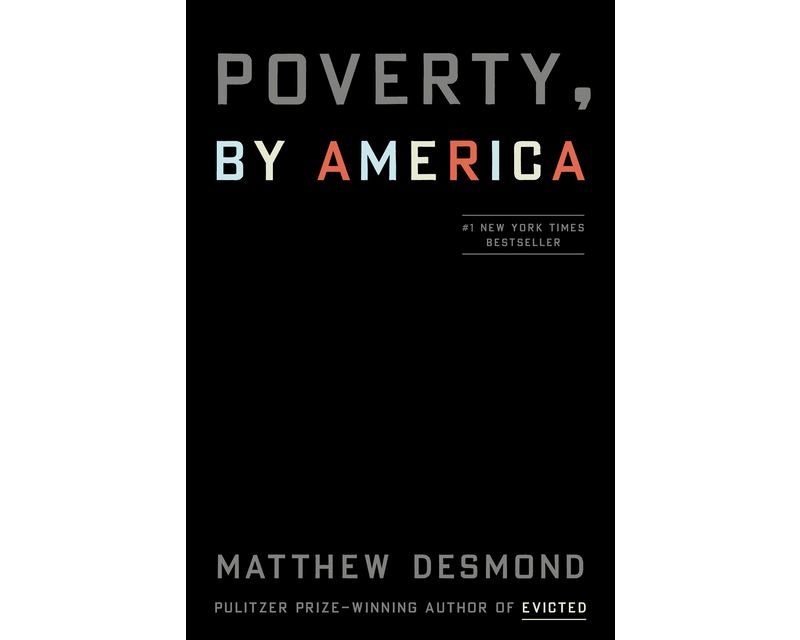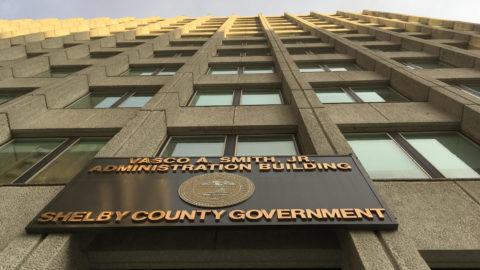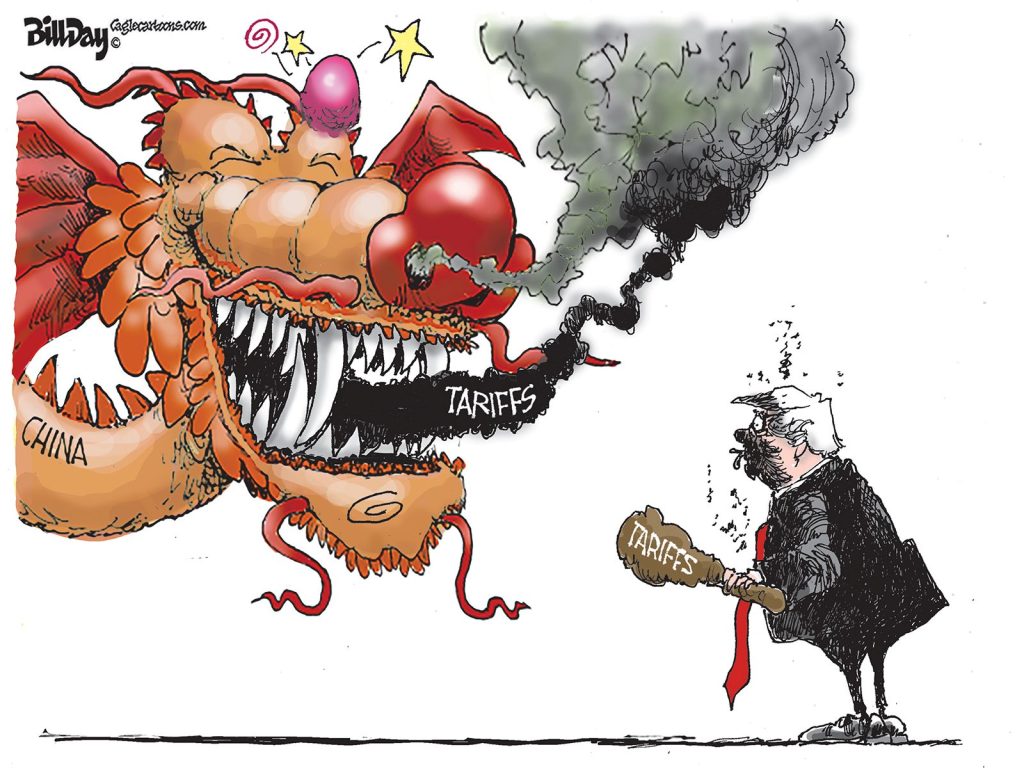Matthew Desmond, professor of sociology at Princeton University and author of Pulitzer Prize winning Evicted, has written an equally compelling volume, Poverty, by America. He spoke last week at Rhodes College and the following is a report published in MLK50. It is written by its award-winning report Jacob Steimer and I republish it here as the perfect bookend to my recent posts about Memphis poverty.
Here’s Mr. Steimer’s report:
Matthew Desmond is sick of America’s approach to housing. He’s tired of the old, complex framings of poverty policy debates. And he’s over everyone letting themselves off the hook for so many of their neighbors experiencing poverty.
Desmond, the Princeton University sociologist and author of “Poverty, by America,” is serious about America’s ability to abolish poverty. And he wants action now.
Some tools are meant to improve the political landscape, others to directly address issues.
The conversation can be viewed in its entirety above. Below are a handful of takeaways from the evening.
‘Because we benefit from it’
To launch the end of poverty, Desmond told audience members they must realize their complicity and, therefore, their responsibility.
“There is so much poverty in America because we benefit from it, and that ‘we’ is a big ‘we,’” he said.
Sure, large institutional forces are at play, but, he said, plenty of Memphians profit from poverty, whether by supporting companies that pay low wages or investing in them through the stock market. And the middle and upper classes are the beneficiaries of plenty of government policies that hurt their poor neighbors.
“The United States has this imbalanced welfare state, where we give the most to the families that need it the least, especially in the form of tax breaks. … And many of us benefit from these tax breaks,” Desmond said. “That benefiting starves anti-poverty programs.”
Therefore, to end poverty, many Memphians would have to sacrifice their own monetary interests. But it’s a worthwhile trade, he said.
“(My) book is not an ‘everyone wins’ argument book,” he said. “Some of us are going to have to take less from the government. But what we get in return, I think, is something a lot of us want.”
Reworking housing
The country’s “imbalanced welfare state” is perhaps most visible in housing, Desmond said. “It’s really hard to think of a policy that does a better job of amplifying our economic and racial inequality (than the mortgage interest deduction),” he said.
Desmond also pointed to the way zoning laws that restrict apartment construction have long allowed rich, white Americans to hoard their wealth and opportunity within certain communities.
“Those of us living in segregated, white communities (could) start showing up to zoning board meetings and standing up and being like, ‘I refuse to deny other kids opportunities my kids get living here,’” Desmond said. “We have to start doing the tedious, boring everyday work of chipping away at the wall. Because the segregationists do the tedious, boring everyday work of maintaining that wall.”
When asked after the event what Memphis’ city council members could do to most improve housing for their constituents, Desmond said they could start by getting rid of the city’s residential zoning laws.
Reframing the debate
Along with concrete action, Desmond also told the audience to start talking about poverty as something America can abolish if it chooses to.
As the richest country in the world, he said it would be relatively easy for the U.S. government to make huge strides on poverty. It just isn’t as much of a priority as tax breaks are.
He mentioned a recent study that showed the top 1% of Americans evade about $175 billion in taxes per year. If the government could get them to pay those taxes, it would have enough money to double its annual investment in affordable housing or almost enough money to bring every household’s income up to the official poverty line.
“(We) pretend this is just the natural order of things … (or) the best we can do,” he said. “We have to find ways to say this scarcity diversion is just a lie, and we have to embrace a new language of abundance.”
Growing the tent
To build the political will necessary to abolish poverty, Desmond said progressives will have to find allies across the political spectrum.
He said he was inspired by Black Lives Matter co-founder Alicia Garza’s discussions on “growing the tent” and “preaching beyond the choir.” And he bemoaned the fact that poor Black folks and poor white folks have long been separated politically.
He gave the example of a recent living wage rally that ended up attracting men and women wearing red “Make America Great Again” hats.
“It does mean that there are going to be folks in the tent who might disagree with you on other issues that really matter … but are united around issues of economic justice,” Desmond said after the event. “Those coalitions really matter.”
Along with expecting this of our political leaders, Desmond hopes everyday Memphians will make poverty abolition seem enticing to their friends. The movement needs effective recruiters.
‘Concrete things we can do tomorrow’
While building a movement takes time, Desmond gave the audience five “concrete things (they) can do tomorrow” to make a difference:
- Use influence wherever you have it: “Everyone who is sitting on school boards or in faith communities can flex that influence.”
- Shop and invest with companies that pay living wages: “That stuff puts upward pressure on our lawmakers.”
- Talk about taxes differently: “What if the next time your coworker came up to you at the water cooler (to complain about) taxes, you were like, ‘I know. I get this thing for my house called the mortgage interest deduction that gives me like $8,000, which is insane because we have this eviction crisis in the country.’”
- Tear down the walls that protect segregation: “The segregationists have been incredibly effective at defending the wall. … They show up at those meetings and yell at the aldermen and gum up the process.”
- Join anti-poverty movements: “Movements need lawyers and nurses and marketers and accountants. … Wherever we are in life, we can apply our skills and talents to that cause.”
***
Join us at the Smart City Memphis Facebook page and on Instagram for daily articles, reports, and commentaries that are relevant to Memphis.





